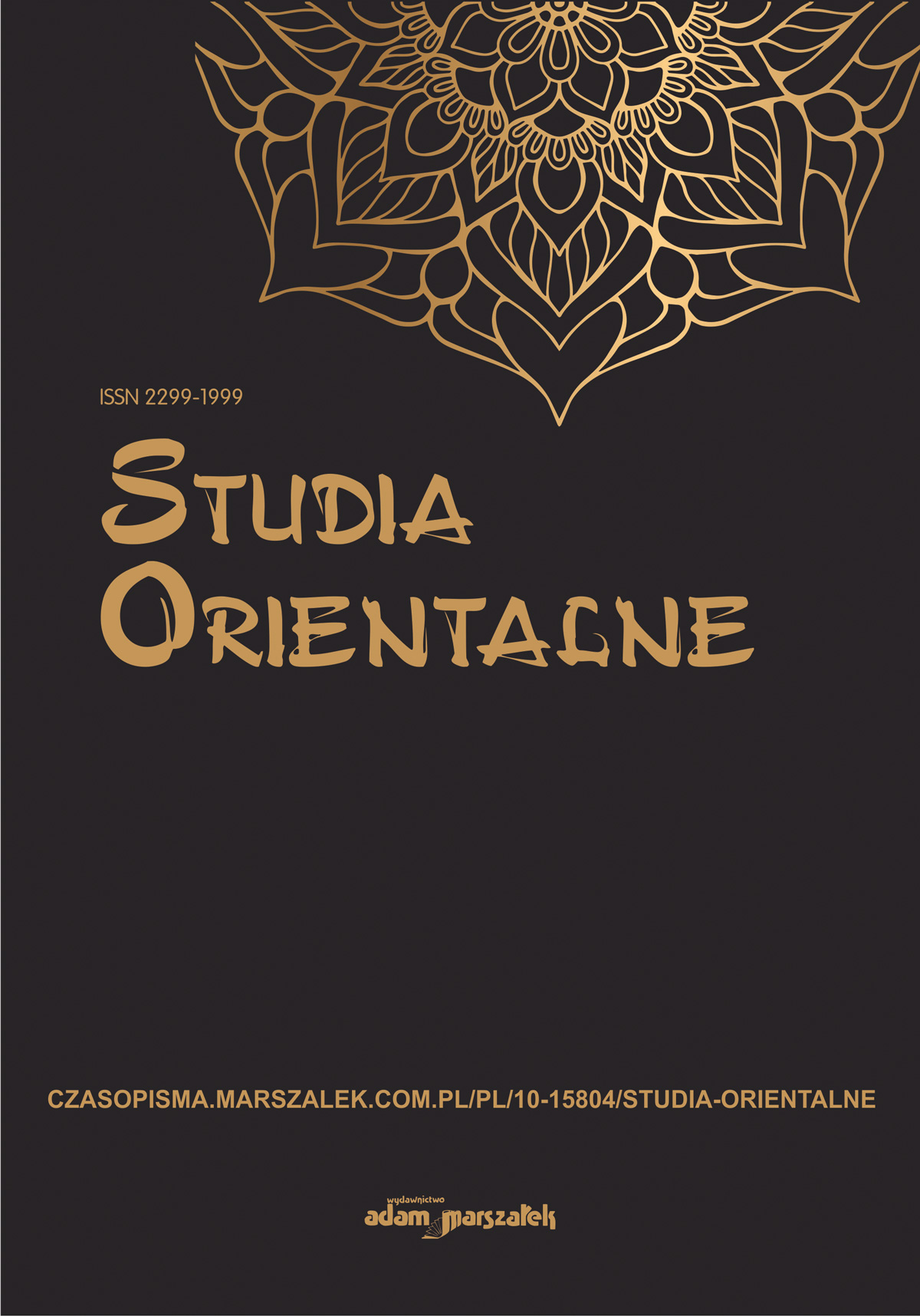Про психологічні наслідки голоду 1932–1933 рр.
та менталітет Українців
On the Psychological Consequences of the Famine of 1932–1933
and the Mentality of Ukrainians
Author(s): Natalia SvynarenkoSubject(s): Crowd Psychology: Mass phenomena and political interactions, Rural and urban sociology, Interwar Period (1920 - 1939)
Published by: Wydawnictwo Adam Marszałek
Keywords: double standards; double morality; landmarks; new priorities; loyalty; slavish psychology; classical social values;
Summary/Abstract: As a result of the famine of 1932–1933, Ukrainian peasants lucky enough to survive had deep psychological trauma. No one provided them with professional assistance, since it simply did not exist at that time in the Soviet Union. People perceived life as a reality deprived of those who were less fortunate. The daily realities of life forced people, instead of professional psychological and rehabilitation care, to work hard and implement five-year plans in factories, mills, and collective farms. The authority of the clergy and parents in the Ukrainian countryside was replaced by the undeniable authority of Lenin’s party and its leaders. Obedience of the Ukrainian population arose as a result of repressive activities of the Stalinist regime, unsuccessful peasant revolts, and uprisings. For fear of entering the Stalinist camps, at first, the responsible persons, and later the whole ordinary population, spoke little and clearly. Everyone knew that every careless could cost a life. This laid the foundations of slavish psychology, which is characteristic of more than half of Ukrainian society during the Soviet era. The life orientations of the majority of Ukrainian peasants have changed – their plans and aspirations have been directed to cities and towns. Due to the terrible realities of the famine in Ukraine, witnessing the brutality of the Soviet authorities, people in Ukrainian villages are becoming obedient and submissive. Classical agricultural traditions have been replaced by new priorities. During this period the so-called double morality, or system of double standards, emerged – when the same person consciously expresses one opinion at home, and another in public. The root causes of this double standard were fear for her life and family. Young children subconsciously noticed this, and acted like adults – so unconsciously formed the experience of generations. Over time, Ukrainians has become Russified, treat Russianspeakers very loyally and calmly. Absolutely Russian-speaking Ukrainians are appearing in Ukraine, and few have paid attention to this threatening phenomenon.
Journal: Studia Orientalne
- Issue Year: 24/2022
- Issue No: 4
- Page Range: 148-159
- Page Count: 12
- Language: Ukrainian

